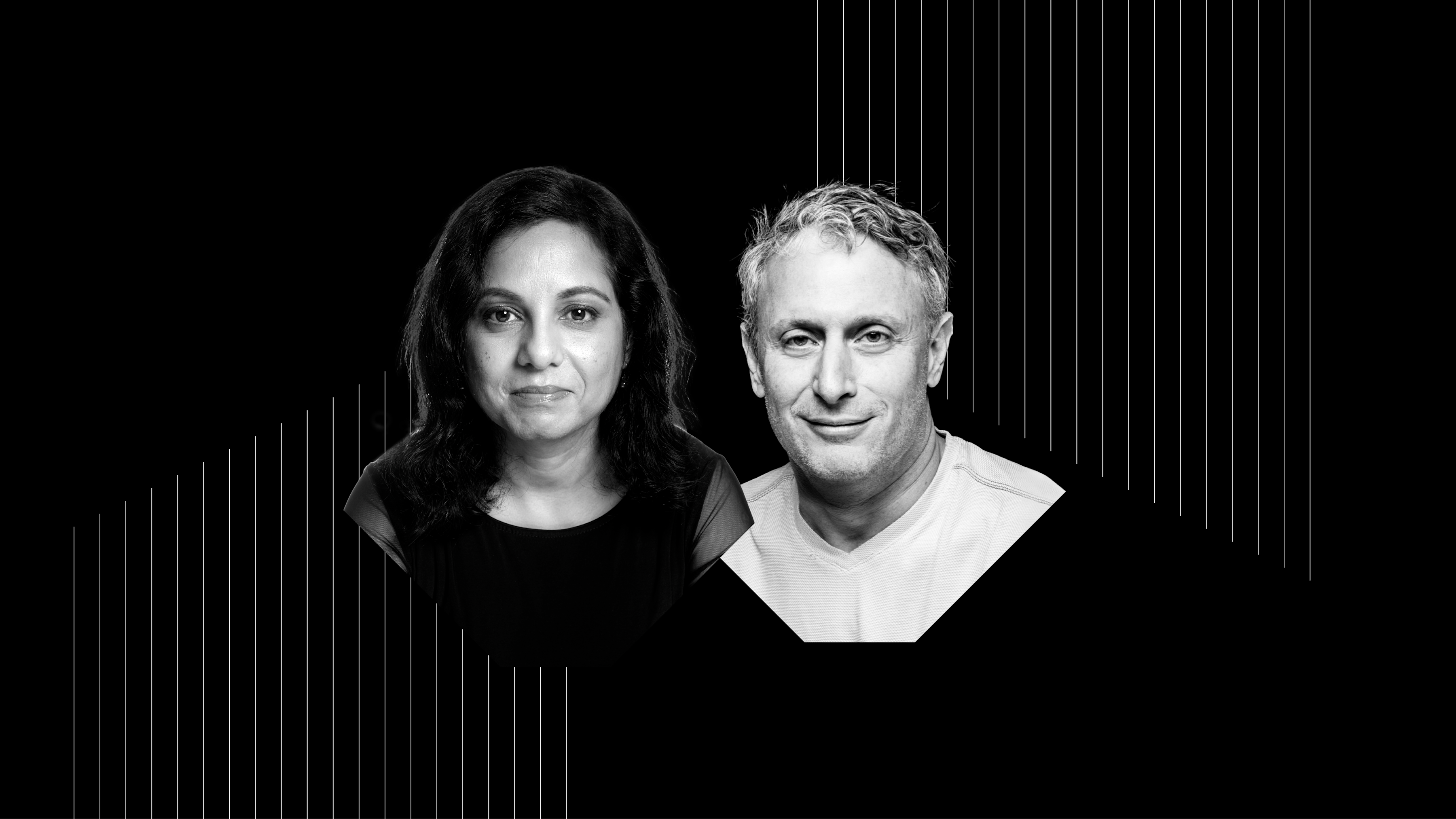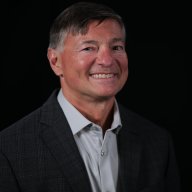
Celonis’ Sashikanth, Bardin on UX, product, process, engineering and building teams
Celonis has hired two Google veterans to run its engineering and product efforts. Vaishnavi Sashikanth, former vice president of engineering at Google’s YouTube, is now Chief Engineering Officer at Celonis. She joins Ariel Bardin, who started as Celonis’ Chief Product Officer in October after having responsibility for YouTube’s suite of creator products and Google Payments.
Sashikanth and Bardin were colleagues at Google and will continue to work closely together at Celonis to advance product and engineering goals. The two executives will be responsible for building out engineering and product teams, melding consumer-grade experiences with enterprise software and democratizing the use of Celonis.
Specifically, Sashikanth will be responsible for driving Celonis’ innovation and technology leadership and building a world-class team of engineering experts in process and business execution. Bardin leads product strategy and development for all Celonis Execution Management System (EMS) offerings.
The duo already brings an interesting mix of experiences to Celonis. Before coming to Google’s YouTube, Sashikanth was an Oracle executive via the acquisition of Hyperion. The mashup of consumer user experiences, enterprise software and digital and process transformation is worth watching.
I caught up with Sashikanth and Bardin to talk developers, teams and user experiences.
What's the vision of what the product can be from your respective areas?
Vaish: Very simply, the vision is:
1) For Celonis to become the trusted daily digital assistant for every business.
2)That Celonising a business becomes an imperative to bring confidence to how a business prioritizes and measures value from its digital transformation initiatives, and finds efficiency opportunities in the core processes that matter.
Ariel: In a world where businesses are being run with software and there's more complexity across multiple pieces of software to get jobs done, there's an opportunity to understand and improve how businesses are run. One of the side effects of a lot of these systems is that there's a wealth of data and insights locked within them. What Celonis can do is really help decision makers understand how businesses are really running.
By plugging into these digital systems, you can get a real-time view of how your business is running. It's a fundamental change. We bring transparency and the ability to create actions to improve those actions. It could be improving revenue, customer experience or C02 emissions. There are multiple goals Celonis can help you with.
What's your approach to building a team?
Vaish:
It boils down to 4 things:
Getting the best of the best to come work for Celonis - we have a great culture that our founders have setup, a timeless mission, and lots of very interesting and complex unsolved technical problems at every layer of the software stack from the UI to the guts of infrastructure. And we already have an excellent product that our customers simply love. Celonis is driving a meaningful revolution that’s truly worth being a part of.
Ensure we continue to have an inclusive environment for everyone to learn, grow and thrive - especially as we scale globally.
Equip our teams to learn continuously and unlock opportunities to grow and succeed as our business scales.
Be laser focused on representation. Do our part in moving the needle on this generational problem in the tech industry.
Ariel: There are a few dimensions to product folks. I like to mix generalists and specialists for fresh eyes on the problem. For instance, the idea of process mining has been around for years, but it took fresh eyes from Alex, Basti and Martin to create Celonis. The combination is important.
We also want people who hold themselves to high standards leveraging consumer-grade experiences on top of the hard-core enterprise systems we're building. It's a unique challenge and not many companies solve it. Usually, it's different skill sets and different experiences, but from a leadership perspective not many prioritize the end-customer experience. It's a customer experience, not a user experience. We've all worked at companies where the experience is a top-down decision, and you just have to work with it. We all use systems we don't particularly enjoy but it's the only way to do something like getting reimbursed. As an employee you're going to do what is needed to be reimbursed. That approach does have a corrosive effect on the experience.
For everyone on the leadership team here it was important to have a consumer grade experience in addition to solving hard-core engineering challenges.
Is there a trade-off between being consumer grade and solving enterprise problems?
Vaish: At the end of the day, a business is but a series of processes conducted by stakeholders inside and outside the organization. Every process involves data and users interacting with various systems of record software. Celonis needs to understand the data and users to drive value for our customers.
Getting the balance right between building consumer grade software and tackling the complexity in the heterogeneity of enterprise software environments is at the heart of this and is instrumental to realize the potential of business execution management.
Ariel: It's just harder to get that right and spend the time and effort. It's not just how the experience looks, but to gain a deep understanding on how your user uses the software. It’s about how having a great experience includes UI, tooling and automation. It's a complex set of skill sets.
What has to happen to democratize process transformation and execution management?
Ariel: Democratization is a side effect of a well-designed piece of software. More people will be able to use the system with less investments in learning the system and less skill. That gets to much more adoption and starts a flywheel where it spreads like wildfire within an organization and the customer sees value very quickly. This company doesn't succeed unless we drive value for the customer.
Vaish: Well said, Ariel!
What's the importance of building a strong ecosystem?
Vaish: A typical business has a plethora of software systems that codify their many business processes. Working with partners and establishing a win-win model is key to both understanding how these systems inter-operate and extracting process intelligence to drive value for our customers. This is the only way to bring the benefits of Celonis to many industry verticals across the globe.
A strong developer community is core to our vision. Making our product extensible via powerful APIs is the way we continue to foster this community and support them to build value adds for our customers.
Ariel: One of the themes I'm setting up is make sure we have a great strategy around the ecosystem. The ecosystem has many components at Celonis. The first one is working with great partners and external organizations. The next level is applications we and others build within the EMS platform. Then we are thinking hard about how we enable more developers to build applications of their own using insights from Celonis with APIs. We are focused on delivering a great ecosystem.
What kind of developers and engineers are you looking to hire?
Ariel: We want all of them. Front end developers. It's algorithms. It's databases. It's infrastructure. It's quite a few. The company is co-headquartered in Europe and the US. We are expanding in the US opening engineering hubs in the Bay Area, Los Angeles, New York City and Madison, WI. Celonis is an international company with multiple points of views and experiences. We're doubling our engineering team globally.
Vaish: That’s right. We have many challenging problems to solve in driving next best actions for our users from understanding all of the business data.
How do we plan to step up recruiting?
Vaish: I think we just have to tell our story. It’s really that simple.
First, the opportunity is simply massive.
We are defining the execution OS for every business - an entirely new category of foundational SaaS that is relevant to every industry and every organizational function, world-wide. Celonis is a must-have capability to succeed with digital transformation initiatives.
Second, Celonis is at the nexus of enterprise and consumer-grade software. As a result there are so many interesting and complex problems to solve across the technology stack from infrastructure all the way to the user interface deeply intertwined with data, machine learning and analytics. Amazing precedent-setting technology to build!
Third, we are at an exciting stage of our growth with so many passionate customers realizing huge value from Celonis - your work will have a direct impact on the trajectory of Celonis and you’ll have an accelerated career growth along with the business.
Finally, Celonis is a fun place with an inclusive and supportive culture and a commitment to furthering diversity and equity. As I said earlier there aren’t many opportunities out there to be a part of a huge meaningful revolution.



